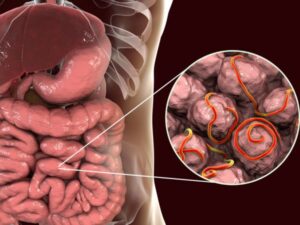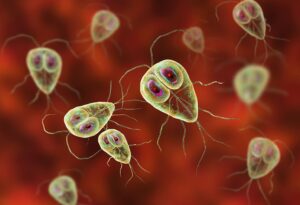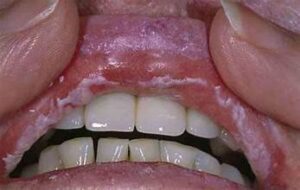how to get rid of parasites in your body
To eliminate parasites from your body, consult a doctor for proper diagnosis and treatment, which often involves prescription antiparasitic medications. These medications work by either paralyzing the parasites, stopping their growth, or killing them and their eggs. While some infections may clear up on their own, most require medical intervention.
Here’s a more detailed explanation:
1. Medical Treatment:
Antiparasitic medications:
These are the primary method for treating parasitic infections. The specific medication prescribed will depend on the type of parasite and the severity of the infection.
Follow your doctor’s instructions:
It’s crucial to take the medication exactly as prescribed, as some infections require a single dose while others may need to be taken for several days or weeks.
Retesting:
After treatment, your doctor may retest you to ensure the infection is gone.
Addressing symptoms:
Your doctor may also prescribe medications to manage symptoms like diarrhea or vomiting.
2. Complementary and Alternative Therapies:
Herbs:
.
Some herbs, like black walnut, wormwood, ginger, and garlic, have shown potential anti-parasitic properties in studies. However, it’s essential to discuss their use with your doctor, as they may interact with medications or have side effects.
Probiotics:
.
Probiotics can help restore the balance of good bacteria in your gut, which may aid in fighting off parasitic infections.
Dietary changes:
.
While no specific diet can guarantee parasite eradication, a healthy diet with high-fiber foods and reduced processed foods can support your immune system and overall health, potentially aiding recovery.
3. Prevention:
Good hygiene: Regularly wash your hands with soap and water, especially before eating, after using the restroom, and after handling raw meat or pet waste.
Drink clean water: Avoid drinking water from potentially contaminated sources.
Cook food thoroughly: Ensure meat and fish are cooked to a safe internal temperature.
Practice safe food handling: Be cautious when preparing and handling food, especially raw ingredients.
Be aware of your surroundings: Be mindful of potential sources of parasitic infection, such as contaminated water or soil.
Important Considerations:
Consult a healthcare professional:
If you suspect a parasitic infection, it’s crucial to see a doctor for proper diagnosis and treatment.
Avoid self-treating:
Do not attempt to treat a parasitic infection with “cleanses” or other unproven methods without consulting a doctor.
Follow medical advice:
Take medications as prescribed and follow your doctor’s recommendations for complementary therapies.
By following these steps, you can effectively address parasitic infections and prevent them from recurring.





